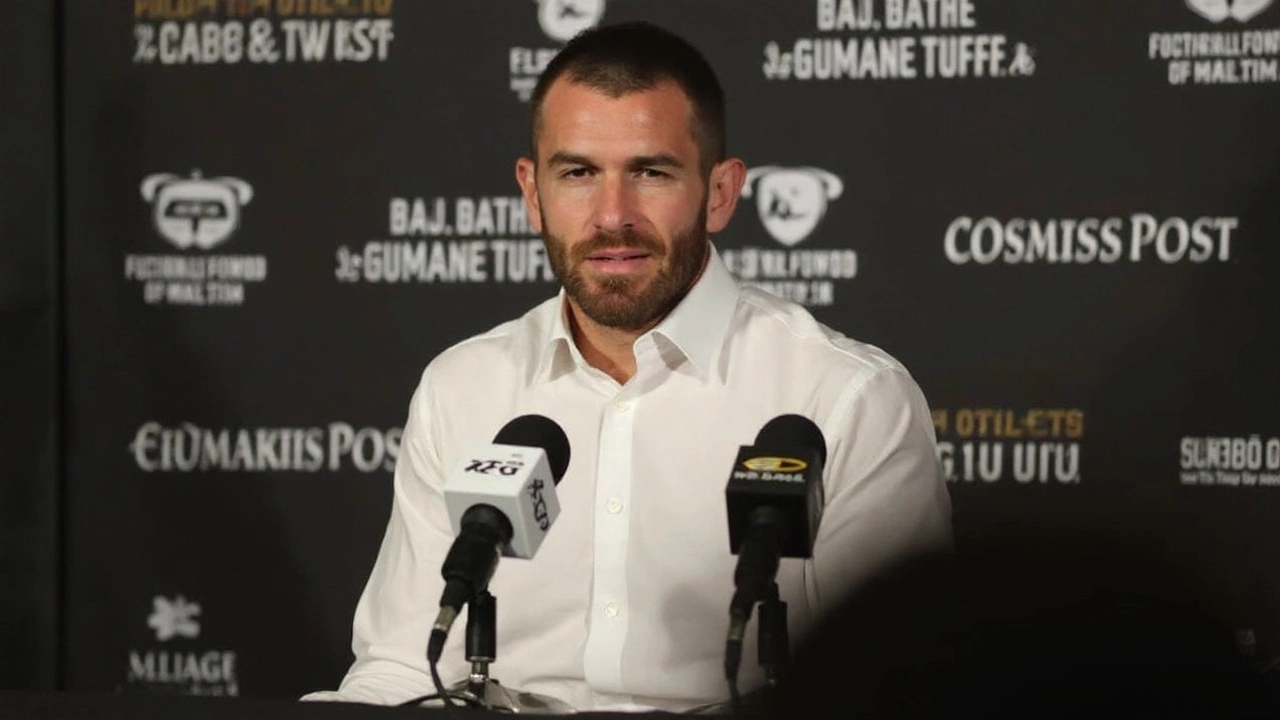Boxing Safety: Practical Tips for a Safer Training and Fight
Boxing is exciting, but it can also be risky if you skip the basics. Whether you’re hitting the bag for the first time or stepping into a bout, the right safety habits keep you in the game longer. Below are down‑to‑earth tips that work for anyone wanting to train hard without getting hurt.
Essential Gear for Protection
First off, the gear you wear matters more than you think. A good pair of gloves that fit snugly and have proper padding is non‑negotiable – they absorb shock and protect both you and your sparring partner. Hand wraps are the next line of defense; they keep your wrists stable and prevent knuckle injuries. Don’t forget a mouthguard – it looks simple, but it can stop a broken tooth or a concussion in its tracks.
Headgear is often debated, but for beginners and sparring sessions it’s worth the extra bulk. Modern headgear reduces cuts, bruises, and even some brain impact. If you’re training for competition, make sure your headgear meets the rules of the organization you’ll fight under. Lastly, wear supportive shoes with good ankle stability. Slipping on a cheap pair can lead to twisted ankles or worse.
Smart Training Practices
Gear alone won’t save you if you ignore smart training habits. Warm‑up properly – a few minutes of jump rope, dynamic stretches, and light shadow boxing get the blood flowing and lower injury risk. Never jump straight into high‑intensity sparring without building up your conditioning first.
Listen to your body. If a muscle aches or a joint feels off, take a break or see a physiotherapist. Pushing through pain often turns a minor issue into a sidelining injury. Also, keep your technique clean. Bad form not only wastes energy, it puts stress on the wrong joints. Work with a coach who can correct your stance, punch angles, and footwork early on.
Hydration and nutrition are part of safety too. Dehydrated muscles are more prone to cramps and strains. Aim for water throughout the day and a balanced diet with protein, carbs, and healthy fats to support recovery.
Finally, set a clear sparring plan before each session. Agree on intensity level, target areas, and protective gear with your partner. Communication cuts down on accidental hard hits that can cause serious injuries.
Boxing can be a lifelong passion if you treat safety as part of the routine, not an afterthought. With the right gear, sensible warm‑ups, good technique, and honest communication, you’ll stay in the ring longer and enjoy every round more.
